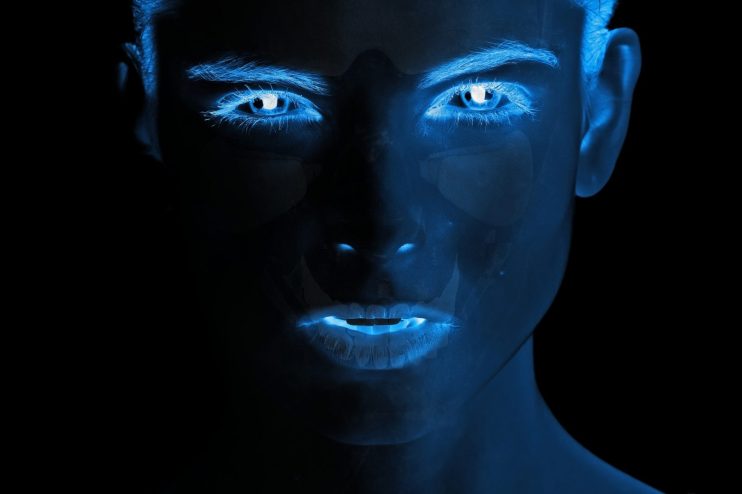Robots and AI’s not allowed to copyright artworks, US Copyright Office says

The US Copyright Office (USCO) has said Artificial Intelligences (AI’s) should not be allowed to patent their own work, after ruling that copyright claims can only be registered on work containing elements of human authorship.
The Copyright Office ruled that artificial intelligences (AI’s) should not be allowed to secure copyright on any content they produce, after computer scientist Stephen Thaler set out to register a copyright claim for a computer-generated artwork produced by his “Creativity Machine”.
A three-person board at the USCO ruled that in order to secure a copyright registration, any claim must have an element of “human authorship,” as it ruled that copyright law only protects “the fruits of intellectual labour” that are “founded in the creative powers of the human mind.”
The ruling comes after Thaler first sought to register a copyright claim on a 2D image created by his Creativity Machine, called “A Recent Entrance to Paradise” in 2018.
In 2019, a copyright specialist refused to register the claim, on the grounds that the artwork “lacks the human authorship necessary to support a copyright claim.”
Thaler later filed a second request as he argued the USCO should allow computers to copyright “machine-generated works” on the grounds that doing so would “further the underlying goals of copyright law.”
He argued that the Copyright Office is relying on case law from the “Gilded Age” to determine whether AI and machine-made artworks can be patented, as he said that computer generated images fall under the USCO’s work-for-hire clause.
The Copyright Office board ruled that as the artwork was autonomously created by an AI, it is not protected under copyright law, as the laws only apply to works by humans. As such, the USCO refused to grant Thaler a patent.